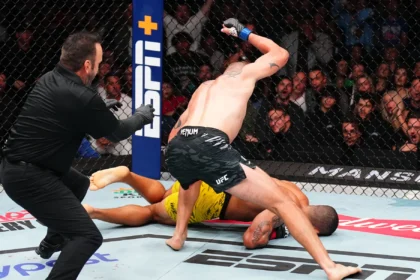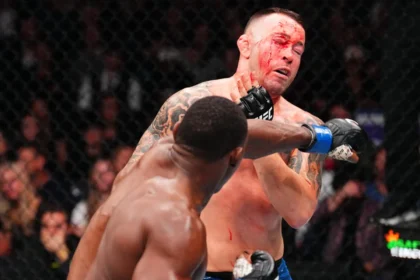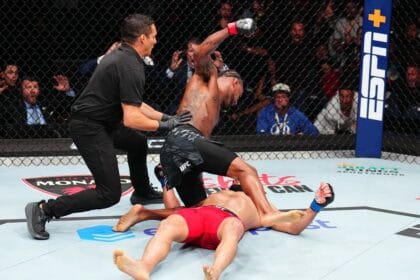A Dublin jury has ruled that MMA fighter Conor McGregor assaulted a woman, Nikita Hand, at a Dublin hotel in December 2018.
The civil trial concluded with McGregor being ordered to pay €248,603 ($257,000) in damages to Hand, who accused him of physical and sexual assault after a night of partying.
What Happened

The civil trial centered on Hand’s claim that McGregor “brutally raped and battered” her in a penthouse suite at the Beacon Hotel. Hand, also known as Nikita Ní Laimhín, told the court that she endured physical and emotional trauma from the incident, which left her with severe bruising and post-traumatic stress disorder (PTSD).
The jury found McGregor liable for assault but not for aggravated damages. A separate claim against McGregor’s acquaintance, James Lawrence, who Hand alleged had also assaulted her that night, was dismissed.
Nikita Hand’s Statement
Speaking outside the court, Hand expressed relief and gratitude:
“I want to show Freya [her daughter] and every other girl and boy that you can stand up for yourself if something happens to you, no matter who the person is, and justice will be served.”
She thanked her family, friends, and supporters for standing by her during the six-year ordeal and expressed a desire to rebuild her life.
“To all the victims of sexual assault, I hope my story is a reminder that no matter how afraid you might be, speak up, you have a voice, and keep on fighting for justice,” Hand added.
McGregor’s Response
McGregor, visibly distressed in court, maintained his innocence. After the verdict, he posted on X (formerly Twitter):
“The judge’s instruction and the modest award given was for assault, not for aggravated or exemplary damages. I am disappointed that the jury did not hear all the evidence that the [Director of Public Prosecutions] reviewed. I am with my family now, focused on my future.”
McGregor testified during the trial that the interaction was consensual, labeling Hand’s claims “full of lies” and accusing her of fabricating the allegations. He described their encounter as “athletic and vigorous” but denied it was violent.
What’s Next?
The trial revealed additional details, including the use of drugs and alcohol during the evening.
Medical experts testified to the severity of Hand’s injuries, and Hand herself described the long-lasting impact on her mental health, saying she was unable to work and had to leave her home due to financial difficulties caused by the trauma.
Despite McGregor’s denial of the accusations, the court’s ruling marks a significant moment in the six-year legal battle.
Hand had originally sought justice through Ireland’s criminal system, but prosecutors declined to press charges, citing insufficient evidence. Her decision to pursue a civil case was driven by her desire for vindication.










